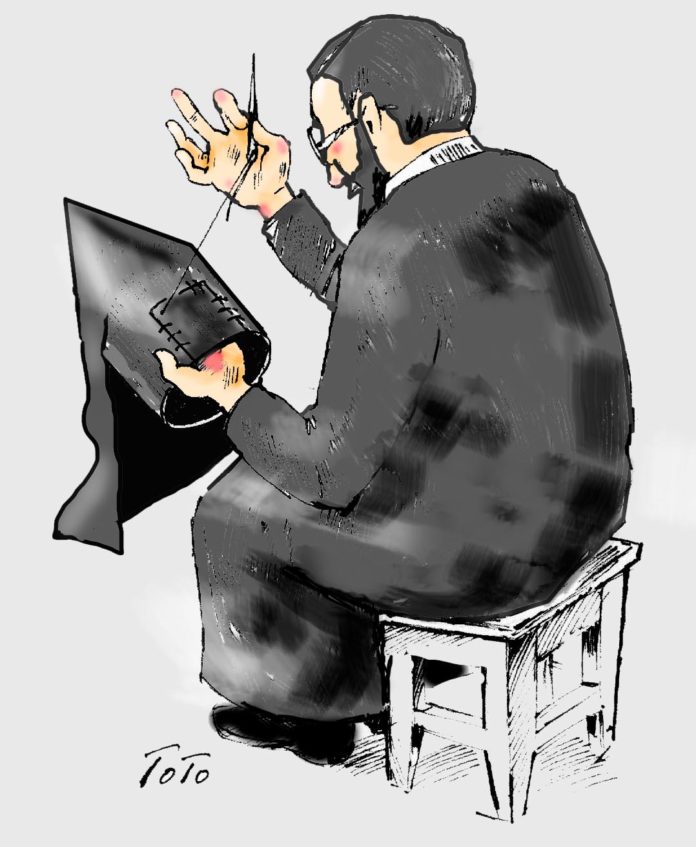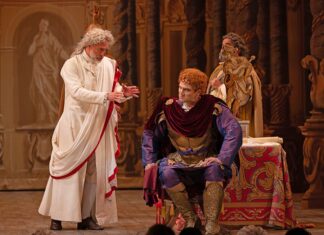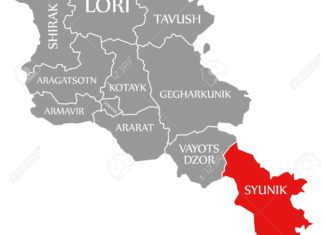The Armenian Church has played a central role in Armenian history. When Armenia lost its sovereignty, the church replaced the role of the state. That is apparent particularly in the Ottoman era. The Sultans recognized the very special place the Armenian Church occupied and also found the church to be a convenient vehicle to regulate the internal affairs of the Armenian millet.
Thus, the Sultan recognized and approved the Armenian National Constitution in 1863. Similarly, the Russian Tsar used Bolozhenia, the constitution for Armenia, to regulate the affairs of the Armenian Church in the Russian Empire.
Even today some of the guiding principles from those eras are used in communities in the diaspora.
During the Soviet period, the clergy were persecuted and church properties were confiscated. However, the Soviet leaders recognized the part that the Armenian Church could play in bridging relations with the homeland, and hence they created an office to regulate or oversee church affairs.
When the Soviet regime began exercising its plans and principles of molding the Soviet individual, they had to deconstruct his or her moral and religious values and infuse the citizen with new values. With the collapse of the Soviet system, that social engineering task also fell apart. For most citizens of Armenia, the church or religion in general had superficial value, as per the Soviet system. That is why today, the general public in Armenia is vulnerable to the lure of religious sects promising anything and everything and the Armenian church authorities cannot respond adequately.
For the Armenian citizen, the role model of a religious leader remains Catholicos Vasken I and in the public perception, no other leader has yet met that moral compass.








